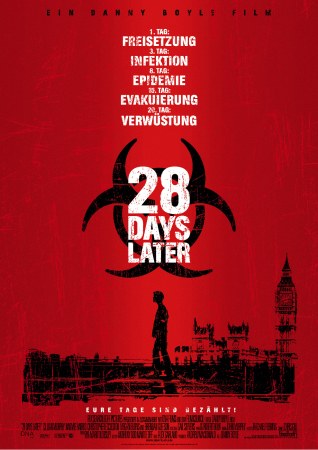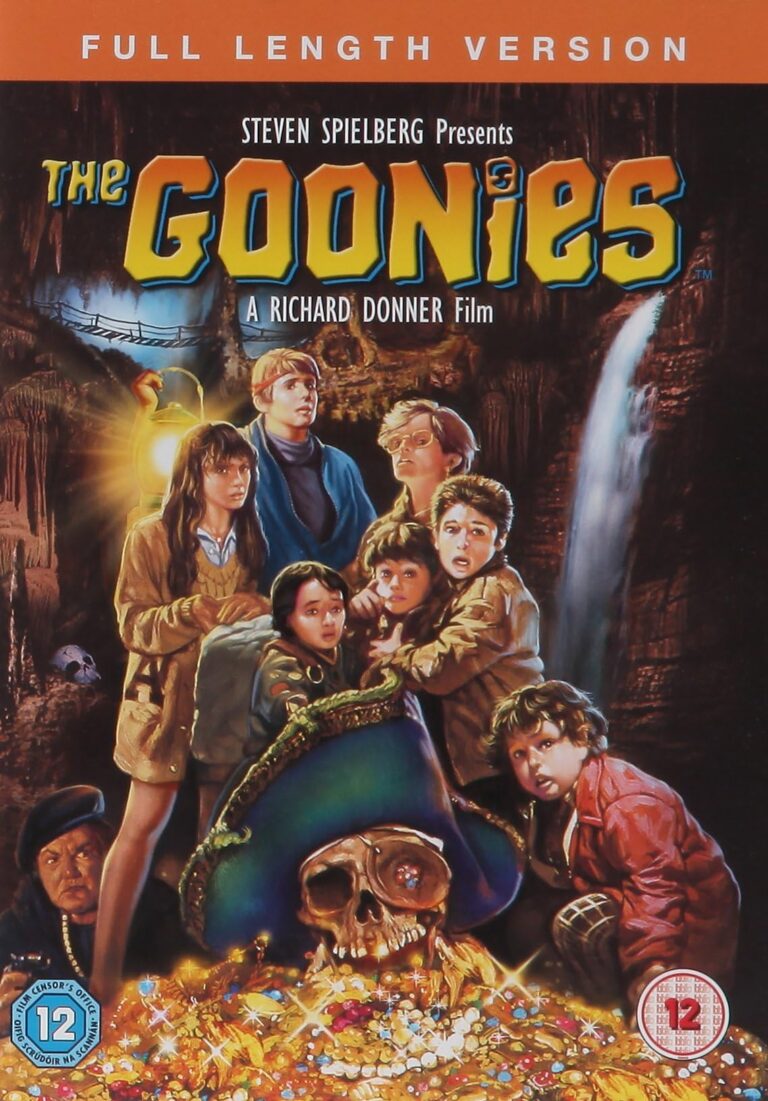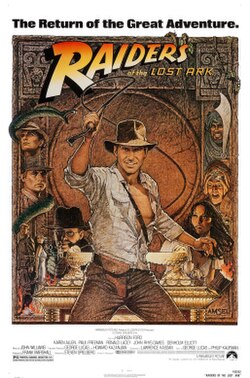
Introduction
Released in 2002, ’28 Days Later’ directed by Danny Boyle is a pivotal film that reshaped the horror genre, particularly the zombie apocalypse narrative. This movie is not just a tale of survival, but also a commentary on human nature and society. Its relevance continues to resonate in contemporary cinema, often influencing other filmmakers and the horror landscape.
Main Body
’28 Days Later’ is set in a post-apocalyptic England, where a deadly virus, known as the Rage virus, has turned most of the population into violent, mindless beings. The film follows Jim, played by Cillian Murphy, who wakes up from a coma to find a desolate London. The stark, haunting images of an abandoned cityscape immediately immerse the viewer in a world of despair.
The cinematography, marked by the use of digital cameras, enhances the film’s raw and realistic feel. The fast-paced, enraged zombies add a new layer of terror compared to their shambling predecessors. This depiction of infection and a rapid spread of chaos reflects contemporary fears surrounding pandemics, making the film eerily relevant in today’s context of health crises.
Heart of the Film: Humanity vs. Monstrosity
However, ’28 Days Later’ goes beyond the horror elements. It explores the darkness within humanity, where survivors often display more monstrous traits than the infected. Themes of hope, despair, and the will to survive challenge the characters, leading to morally ambiguous decisions that resonate with viewers. The film’s ending leaves the audience pondering the nature of humanity, which intensifies its impact.
Legacy and Significance
Critically acclaimed, ’28 Days Later’ not only revitalized the zombie genre but also sparked a resurgence in interest in horror films. It paved the way for later successful zombie movies and shows, including ‘The Walking Dead’ and ‘World War Z.’ Furthermore, the film’s influence extends to contemporary discussions about global pandemics, technology, and societal breakdowns. Its cultural footprint continues to be felt in both cinema and wider pop culture.
Conclusion
As we reflect on ’28 Days Later,’ it becomes clear that its significance runs deep. The film’s intelligent blend of horror, social commentary, and raw emotion forces viewers to confront their fears, not just of zombies but of the breakdown of civilized society. With the continuous rise of horror films in the current film landscape, the legacy of ’28 Days Later’ remains strong, inspiring new generations of filmmakers and audiences alike.






